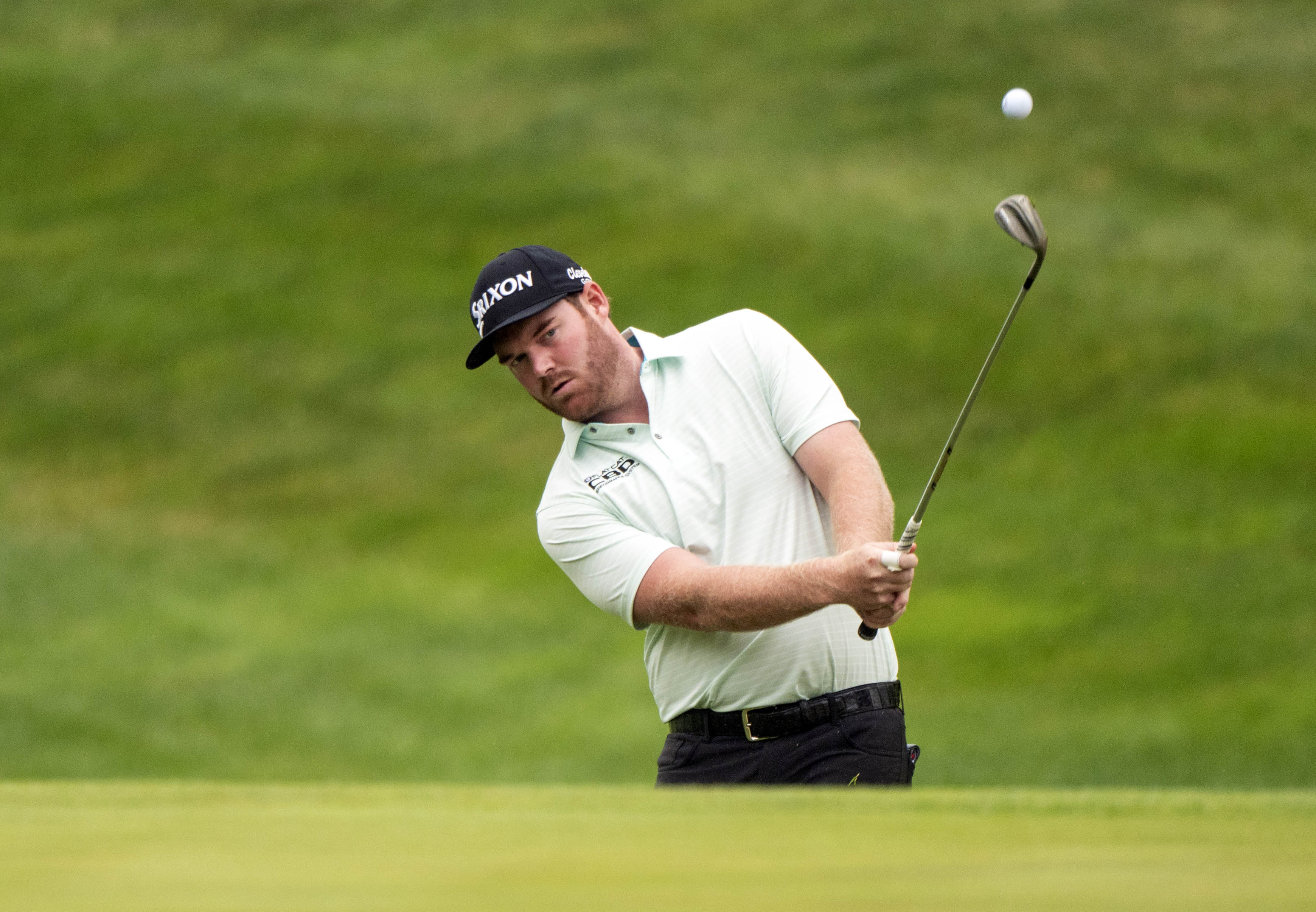It’s unsurprising that some golf fans with long memories would find it difficult to muster sympathy for Grayson Murray.
He’s an abrasive and ignorant social media presence who once told Black people they wouldn’t be shot by police if they just obeyed the law, and whose infamous Twitter exchange with a high school girl could be generously described as creepy.
Still, it was disheartening to see how frequently respondents to his most recent social media post evidenced the very same lack of empathy that Murray himself has often been accused of.
Murray’s tweet on the evening of July 23 illuminated a young man in a dark place. He acknowledged his difficulty adjusting to the loneliness of life on the PGA Tour, his frustrations over form so poor that he hasn’t earned a dime in prize money for three months, and, most troublingly, his alcohol addiction. He referenced a drunken incident at a hotel bar in Hawaii—presumably at the Sony Open in January—that has him on probation with the Tour, a violation of which will cost him a $20,000 fine.
“Why was I drunk? Because I’m a f——— alcoholic that hates everything to do with the PGA Tour life,” he wrote.
Murray claimed the Tour is at least partially responsible for the crisis in which he finds himself at age 27, writing, “No the PGA Tour didn’t force me to drink, but the PGA Tour never gave me help.”
Since he describes his alcoholism as something the Tour “had no knowledge about,” one assumes this lack of help he refers to means not having aided his adjustment to life in the pro ranks, rather than a denial of assistance for his addiction. He concluded with a demand that unnamed persons at the Tour be held accountable for unspecified shortcomings.
Murray’s confessional leaves many things unknown—the nature of the help he expected, the extent to which he actually sought assistance, specifics on related disciplinary proceedings—and the Tour won’t be clarifying anything given privacy concerns and its ingrained opacity on off-course issues with players.
“We can unequivocally say that the PGA Tour is a family, and when a member of that family needs help, we are there for him,” a spokesperson offered. “That has been the case here and will continue to be.”
Murray’s is the most raw contribution yet to an ongoing conversation about mental health in golf, which was initiated by Matt Wolff’s courageous candor at the U.S. Open and admirably backed up by Bubba Watson and several LPGA stars. The life these golfers have chosen is rife with challenges, no matter how gilded it might appear. Tour players are branded successes or failures every week, so its easy to start measuring your self-worth against the total on a scorecard when things aren’t going well. That would be corrosive even without a chorus of trolls eager to slobber about how much you suck.
But Murray’s broadside apportioning blame for his struggles raises an intriguing question: to what extent is the PGA Tour responsible for the health and well-being of its members when they are outside the ropes?
As Tour players often remind us, they are independent contractors, so the statutory protections customarily afforded employees do not apply. And even if Tour officials had noticed that Murray was abusing alcohol, they would surely have been hesitant to broach the need for treatment before he did so himself. The same caution governs most workplaces. Predictable then that the only confirmed interface between Murray and Tour HQ concerning his drinking involved disciplinary action over the incident in Hawaii.
There are valid reasons to say players’ personal problems are not the Tour’s business—that’s what managers are paid for—but there’s a persuasive argument that providing its members a support community is good business.
NFL rookies have a mandatory, three-day, straight-talk seminar that covers a litany of life skills: managing domestic arrangements, financial guidance, cautions about exploitation and the perils of an entourage. Other major leagues offer similar counseling, but their rookies are typically all in the phase of transitioning to adulthood. PGA Tour newbies cannot be so neatly characterized in terms of maturity or career and life experience. Their pathways to the big show are simply too diverse.
The Tour also has an orientation for new members, though one player described it to me as being less about developing life skills than emphasizing the need to avoid negative publicity. A zealous focus on protecting the reputation of the Tour above all else remains the carcinogenic cultural legacy of former commissioner Tim Finchem.
There’s no direct connection between that mindset and Murray’s situation, but one could postulate that if the Tour were transparent about disciplinary processes—for example, not hiding the fact that he was sanctioned for an alcohol-fueled incident in Hawaii—then those who care most about him might have been alerted sooner to a developing crisis.
Transparency is crucial in adequately addressing mental health and addiction issues, but it is not a guiding principle of the Tour. The power to change that practice rests with those whose well-being is the organization’s concern: the players.
Murray and the PGA Tour almost certainly have wildly conflicting versions of how things arrived at this juncture, of what actions the Tour did and could take, and where responsibility lies when a young man proves acutely ill-equipped for the burdens of a life and career in professional golf. Hopefully they will at least agree that there’s plenty for all parties to work on, for the sake of the next Grayson Murray.

